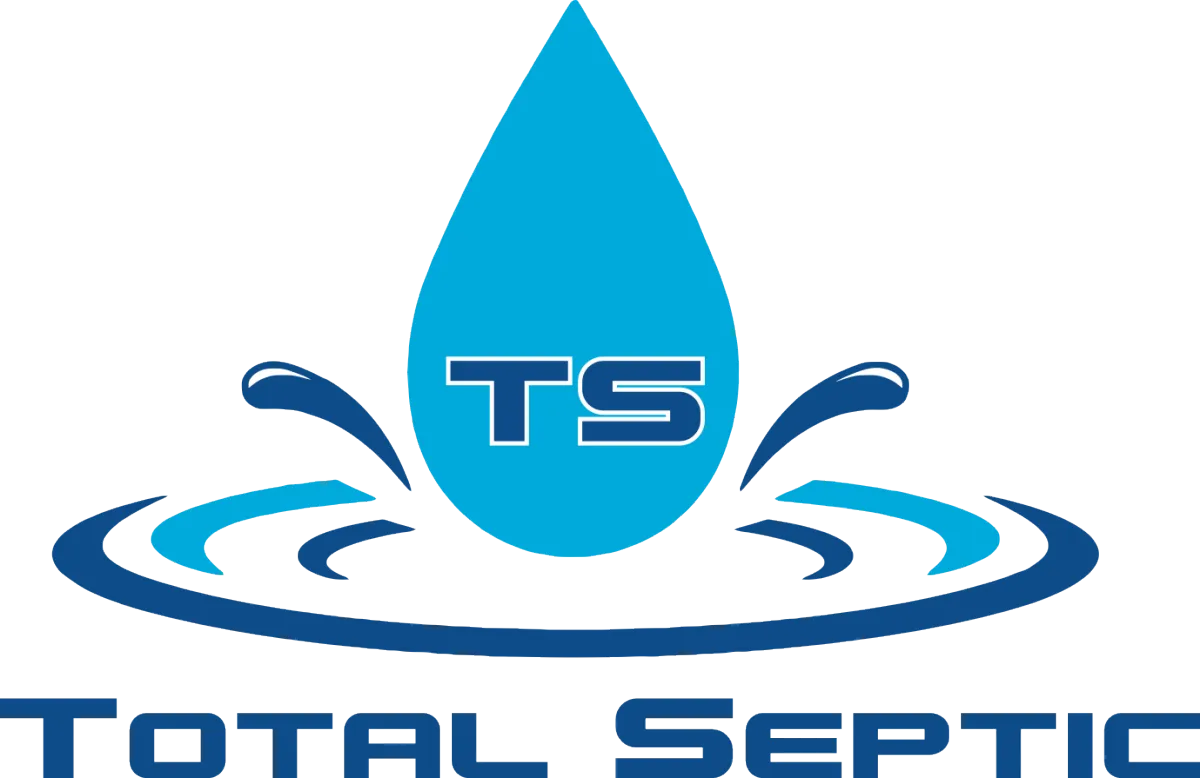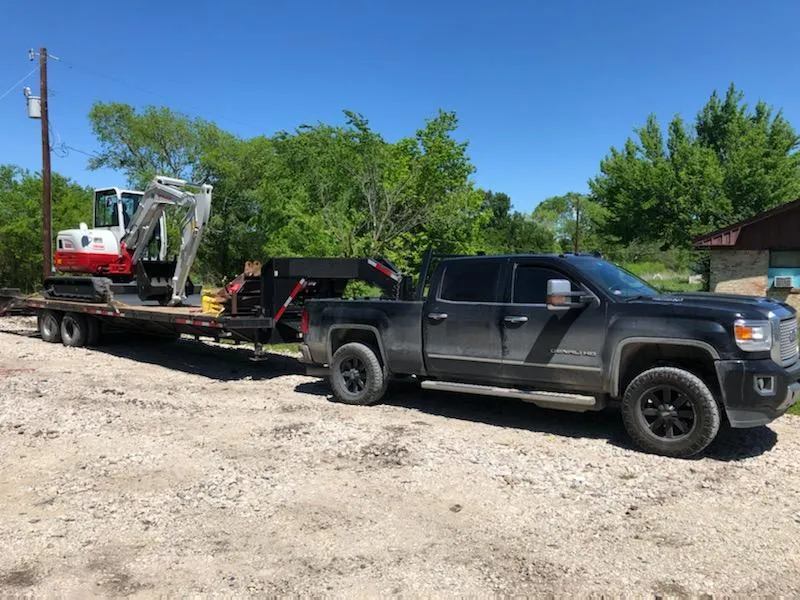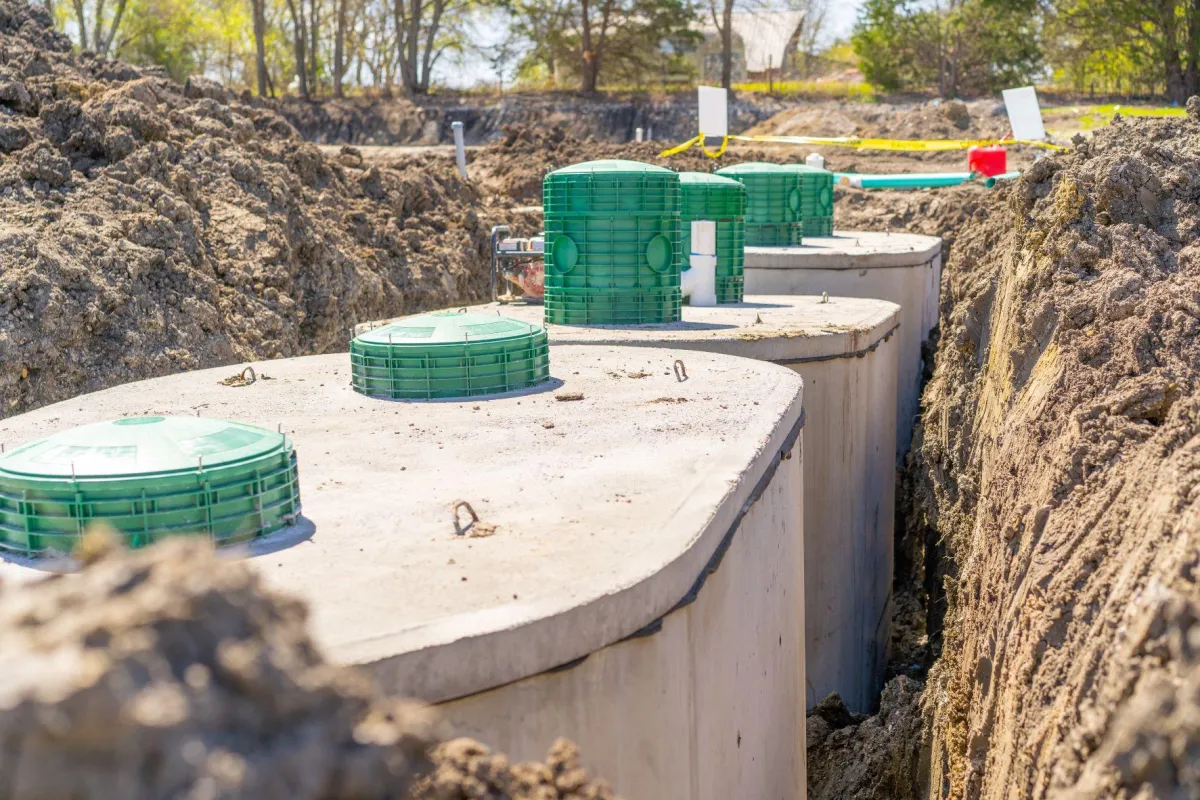
Serving Texas Counties: Collin, Grayson, Dallas, Denton, Rockwall, Fannin and Hunt
Septic Installation near Allen in Collin County, TX
Total Septic is Committed to superior quality and results!

AVOID COSTLY MISTAKES:
Do NOT hire an excavating contractor without first reading our free guide:
The ULTIMATE Excavation & Septic "Success Guide."

Septic Installation near Allen in Collin County, TX
North of Dallas, new homes and guest suites are rising throughout Allen and across Collin County. If your property sits beyond the city sewer system, you’ll still need a safe and reliable solution for wastewater treatment. That’s where a professional septic installation comes in — protecting your land, groundwater, and comfort while giving you the freedom to build where city utilities haven’t reached.
This guide explains what a septic installation near Allen in Collin County does, why it’s essential, the benefits of hiring a local expert, and the full process homeowners follow from start to finish.
How Can We Help?


What a Septic Installation near Allen in Collin County Does
A septic system is a private, on-site wastewater treatment plant. All household water — from sinks, showers, and toilets — flows into a watertight tank buried underground. Inside the tank, solids settle to the bottom, oils and grease rise to the top, and the partially treated water exits to a drain field. There, naturally occurring soil bacteria break down remaining impurities before the water returns safely to the ground.
In Collin County’s heavy clay soils, the design stage is critical. The right tank size, drain field layout, and soil depth prevent backups and surface pooling. Systems here often include conventional gravel trenches, chamber systems, or aerobic treatment units, depending on soil type, slope, and lot size.
Local permits and inspections make sure everything meets Texas Commission on Environmental Quality (TCEQ) standards. That includes setback distances from wells, streams, and property lines — ensuring long-term reliability and environmental protection.
Key Benefits of Septic Installation near Allen in Collin County, Texas
1. Build Anywhere
Septic systems give homeowners the freedom to develop property outside city sewer limits. Whether you’re adding a home, shop, or accessory dwelling unit, a properly installed septic system makes it possible.
2. Lower Monthly Costs
No sewer bill means long-term savings. With routine maintenance, septic systems often cost less over their lifetime than municipal hookups.
3. Protect the Environment
A quality installation prevents waste from entering nearby creeks, protecting water supplies and soil quality across Collin County.
4. Boost Property Value
A permitted, well-maintained septic system adds documented value to your property. Buyers appreciate having the paperwork and peace of mind that the system was built to current standards.
5. Dependable Everyday Use
When designed right, septic systems operate quietly and efficiently with minimal upkeep — no odor, no standing water, and no worries.
Why Hire a Professional for Septic Installation near Allen in Collin County
Knowledge of Local Codes
Collin County and TCEQ rules change over time. A professional who regularly works in the area knows exactly how to handle permits, setbacks, and soil evaluations without costly mistakes.
Experience with Local Soils
Allen’s clay-rich soils expand and contract with moisture. Experienced installers account for this in design and material selection, keeping systems stable year-round.
Right Tools and Equipment
Compact excavators and laser-grade tools prevent over-digging or damaging existing landscaping. Professionals work efficiently while maintaining precision.
Coordinated Site Work
Driveways, utility lines, and drainage all interact with your septic layout. A local installer coordinates each step to avoid conflicts and extra costs.
Proper Documentation
After installation, you’ll receive as-built drawings, inspection records, and maintenance guidance — the paperwork lenders and buyers often require.
See Our Excavation & Septic Services

✔️ Commercial Excavation
✔️ Residential Excavation
✔️ Demolition
✔️ Dozer work
✔️ Septic inspections
✔️ Septic system pumping
✔️ Septic installs traditional systems
✔️ Septic tanks - aerobic systems
✔️ Septic tanks - Plastic/poly
Quality Services Launched FAST!

✔️ Septic tanks - Concrete
✔️ Sewer repairs
✔️ Trenching
✔️ Utilities Trenching
✔️ Pump Outs Installs
✔️ Maintenance Contracts
What Are You Waiting For?
The Process for Hiring a Septic Installation near Allen in Collin County, Texas
1. Site Consultation
Everything starts with a discussion about your home, lot, and goals. The installer reviews your plans, number of bedrooms, water usage, and property slope to start building a clear picture.
2. Soil and Site Evaluation
A licensed evaluator performs a percolation or soil test to measure how quickly the ground absorbs water. The results determine which type of system — conventional, low-pressure, or aerobic — best fits your property.
3. System Design and Estimate
Based on soil data, the installer designs a system that includes tank size, drain field layout, and materials. You’ll receive an itemized estimate covering excavation, equipment, materials, and permit costs.
4. Permitting and Scheduling
Once the design is approved by Collin County, the work is scheduled around your construction timeline. Coordinating early helps prevent delays later.
5. Excavation and Installation
The installer locates existing utilities, excavates with precision, sets the tank on a solid base, installs piping and distribution lines, then completes all inspections and tests required by local authorities.
6. System Start-Up
Before final backfill, the system is filled, tested, and adjusted to ensure proper operation. Homeowners are shown how everything works — including maintenance schedules and do’s and don’ts.
7. Final Documentation
After completion, the installer provides as-built plans, inspection records, and a long-term maintenance schedule so you can protect your investment.
Practical Tips for Collin County Homeowners
Plan your septic design early — ideally before grading or landscaping.
Keep gutters and surface water directed away from the drain field.
Avoid driving or parking heavy equipment over the tank or field area.
Pump the system every 3–5 years to maintain efficiency.
Plan for future expansion if you expect to add bedrooms or outdoor structures later.
These steps extend the system’s lifespan and keep maintenance simple.
Timing and Weather Considerations
Septic installation depends heavily on weather. In Collin County, dry ground allows better excavation, compaction, and restoration. When soils are saturated from heavy rain, installation can slow or even pause. Starting early — especially before spring storms — keeps your project on schedule and helps you move in without delay.
Summary
A well-planned septic installation near Allen in Collin County, TX ensures your property stays safe, functional, and ready for years of comfortable living. With the right design, professional installation, and local expertise, homeowners can enjoy reliable wastewater management that meets Texas standards while protecting the environment and their investment.
Facebook
Google Plus